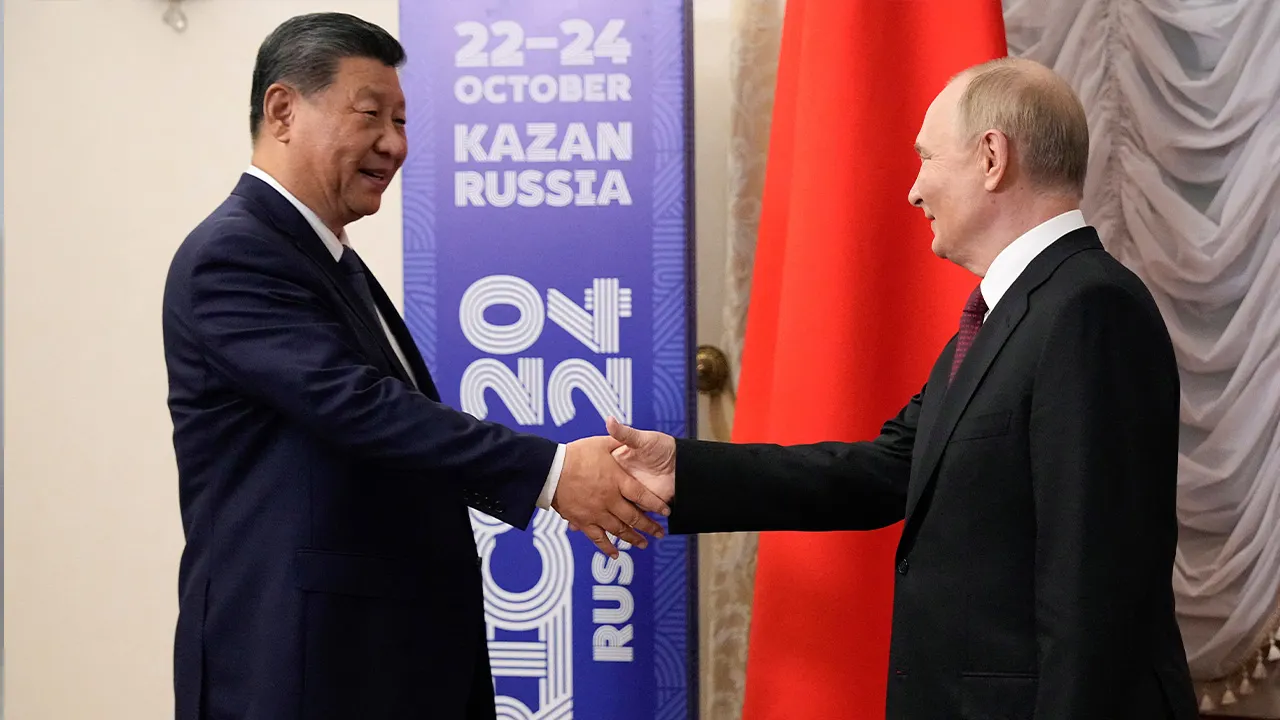Biden admin to support controversial UN cyber treaty

The Biden administration is set to throw its support behind a new U.N. treaty this week that will establish a fresh cybercrime convention involving China and Russia, a move that has sparked controversy among lawmakers and critics alike.
For nearly two decades, global efforts to combat cybercrime have been led by the Budapest Convention, which includes 76 countries but notably excludes Russia and China. However, the U.N.’s new cybercrime convention will now welcome these two nations into the global cybersecurity governance sphere, a decision that has raised concerns about the implications of forming a cybersecurity alliance with countries known for their adversarial stance towards the United States.
A group of Democratic lawmakers penned a letter expressing their reservations about the new treaty, highlighting the challenges of upholding human rights and internet freedom in the face of authoritarian regimes like Russia and China. They emphasized the need to address fundamental flaws in the convention to prevent these nations from legitimizing their actions on the global stage.
Despite the apprehensions raised by lawmakers and critics, the Biden administration has chosen to support the new treaty after extensive consultations with various stakeholders, including hundreds of non-governmental organizations focused on human rights and related issues. A senior administration official stressed that sticking with the consensus would enhance the U.S.’s influence on global cybersecurity policies that respect human rights.
To address the concerns surrounding the new convention, the Biden administration plans to develop a risk management plan and engage with non-governmental stakeholders to refine it further. A consensus proceeding on the resolution took place recently, resulting in its approval without the need for a vote. The resolution is expected to be formally adopted by the U.N. General Assembly later this year.
In a separate development, President-elect Donald Trump announced the nomination of New York GOP Rep. Elise Stefanik as the next U.N. ambassador in his administration. The White House has refrained from commenting on the matter, leaving the spotlight on the unfolding debate over the U.N.’s new cybercrime convention and its implications for global cybersecurity governance.




